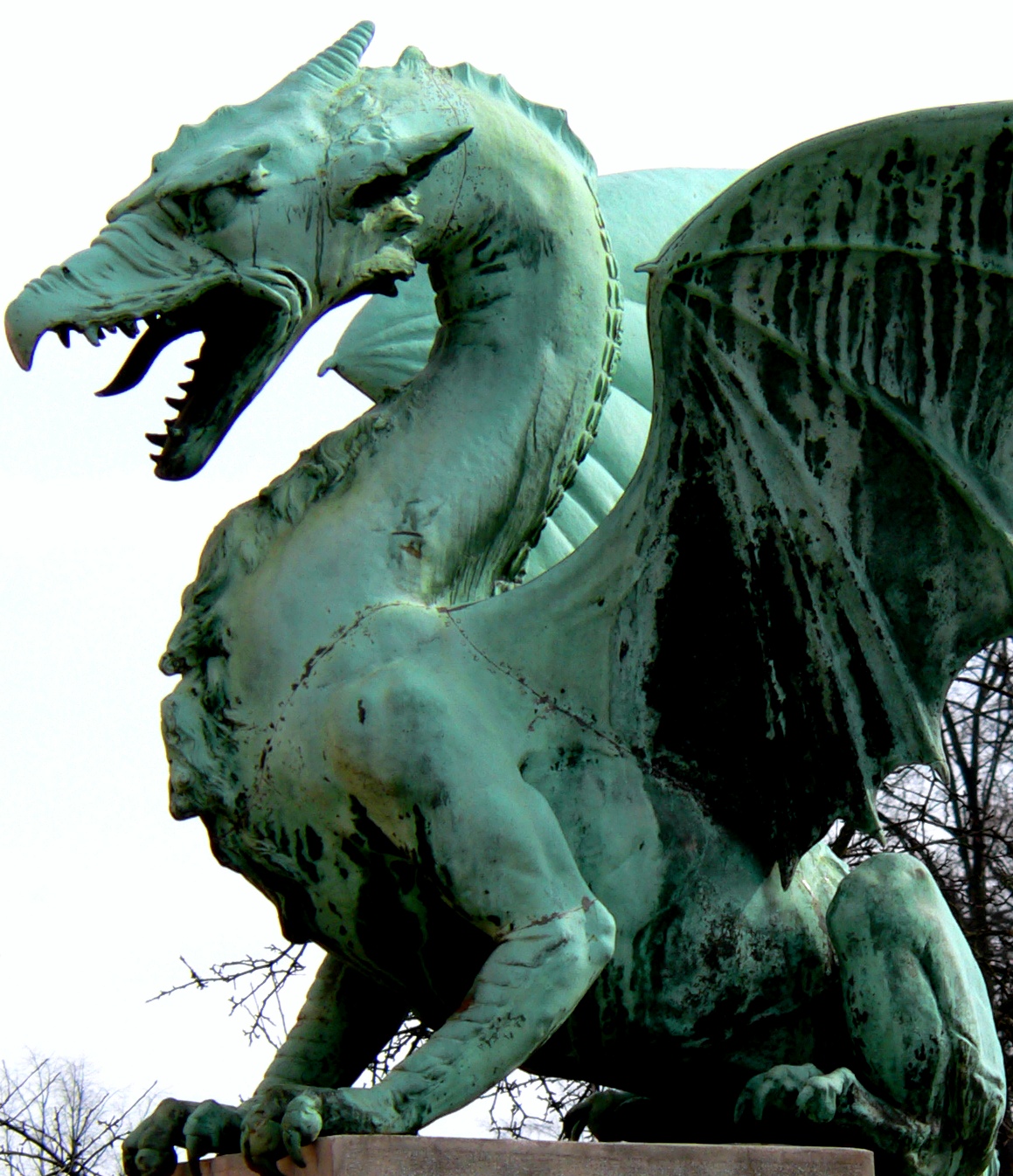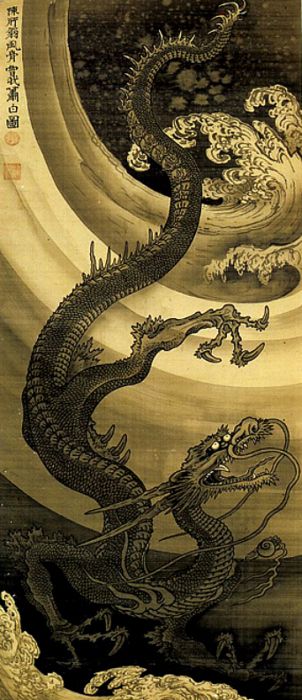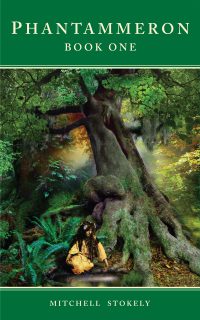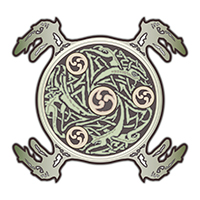Where do Dragons come from? The human mind is ultimately where Dragons come from, as all mythological monsters are but pieces of ourselves. You may find many historical sources for dragons, but let’s discuss the true source of these mystical beasts.

It makes sense, that when our unconscious dreams up such horrors, as Psychologist Carl Jung has mentioned, that dragons like everything else are symbols of something inside us.
The dragon, as monster in story, is something our inner hero must fight and defeat in battle in order to find some vast treasure or win the love of a lost princess. Such tales pattern the Western Patriarchal Myth of the male hero conquering some foreign culture, winning the king’s daughter by right of contest. But often the religious meaning of that story – like that of The Dragon and St. Michael – is associated with some spiritual meaning we are unconsciously seek but not fully aware of.
We often read stories where the hero comes back from those horrible battles with the Dragon’s head as proof of his or her conquest. This battle is but a reflection of our own spiritual “life wound” we must now wear as a badge of courage, a rite of passage and initiation. It is about the gaining of a rich treasure-hold, which is but the wealth of our own inner wisdom that we as initiate once gained long ago from struggle and victory in Life’s endless war.
In fact, the dragon as symbol is never truly killed, but lives again, over and over, inside us. For it is reborn every time we read stories by others of such beasts and the heroes that defeat them in battle. But why then should we ever see dragons as physical beasts to be defeated?

As we get older and wiser, we realize the dragon is just a mythical part of the Self buried deep in the pits and pools of our brains; a piece of the Shadow-Self, an essential part of our life-giving force that gives us life. The dragon is a symbolic force that gives us life and allows us to love more deeply. This creature is thus the one that empowers us in the real world to live with courage, to face our joy and our suffering equally, express the grandeur of our lives, to defend ourselves and others we love in times of need, and to life at once and finally without fear. For the dragon is the part of your life, that something that in its final breath has much to say about YOU!
But we need this symbol. We need it to hide the truth of ourselves. And we need it to sustain the wonder of life and of living that is the one grand adventure left to us. Realizing that truth, we can then embrace the dragon as a primeval archetype, a psychological symbol we must see over and over again in story. It becomes a valued part of the myths of our culture as well, and so grows in strength and power in our stories as something supernatural but also sublime that all Humans share. And so, we finally see its proper place in the reflective mirror that is fantasy fiction, in movies, in religion, in art, and in our dreams.
The dragon is then no longer a monster to be killed or a pet to be ridden, loved, or enslaved in fantasy books. The dragon is no longer a social status symbol, a sexual symbol, or about our desires for fame and fortune in this world. The dragon has moved way beyond such shallow spheres in modern books – at least those rare ones in which the authors have moved beyond themselves and their desires.
The beast of our nightmares becomes something more powerful in us through the grandest story-telling. Those tales become something much more spiritual when we respect and honor our dragons. Realizing then what dragons represent, the unconscious myths of our imagination can then be opened up fully and explored in depth as writers using these beasts without fear, knowing its symbol is there as a resource of something beyond ourselves and our shallow needs.
The dragon is something we all share as human beings in the spiritual realms of the mind, but also within the shared space of movies and books. Giving its image as a gift to others through our writing we learn to master its image, respect it more, treasure its voice and wisdom, stand witness to its immense power and image, and value it for its true place in the cosmology of the mind and the culture we live in.
And so, the question must be, where is your dragon?
– the Author
Created Updated Dec 5, 2016, 3:14 AM



